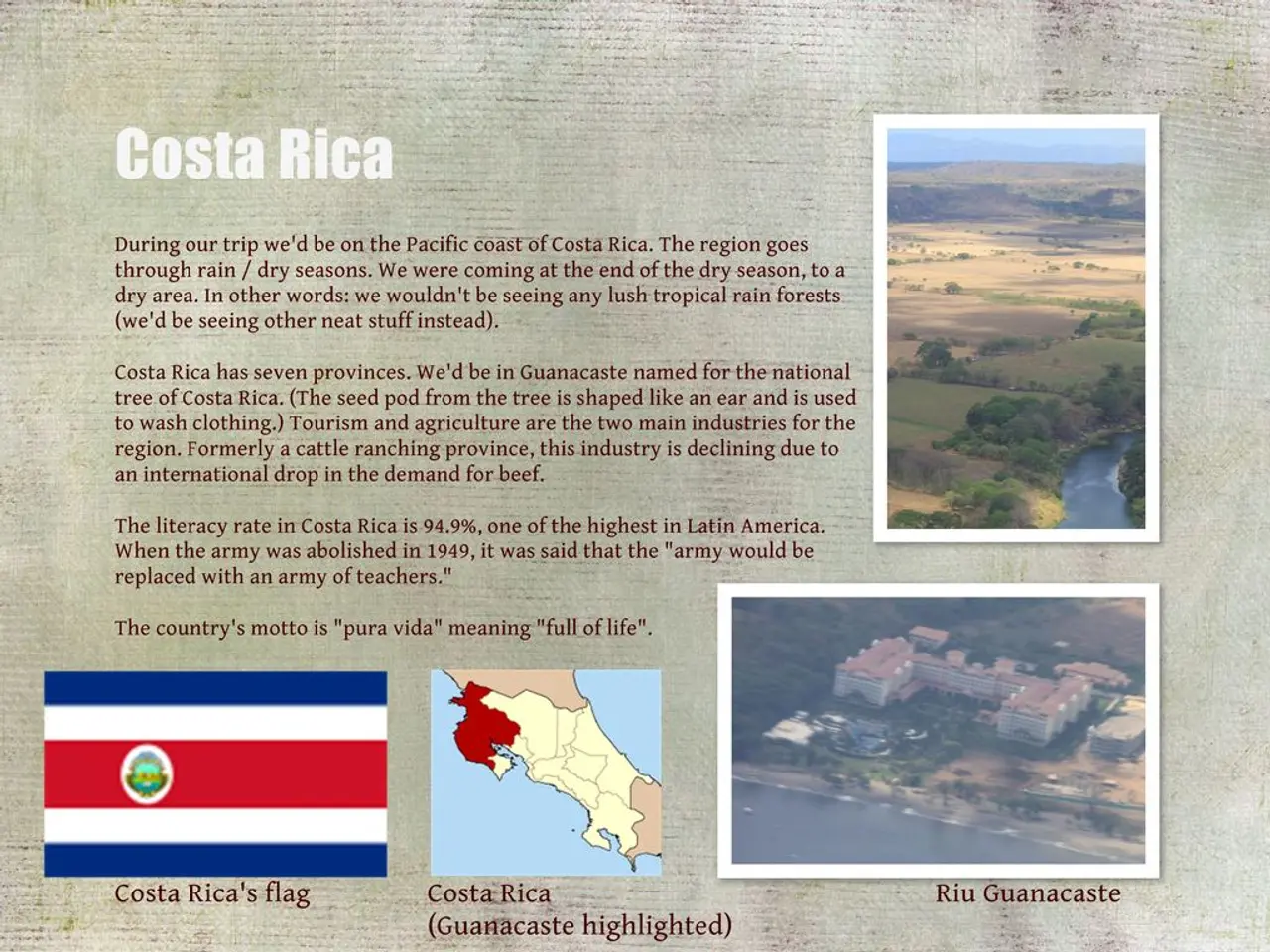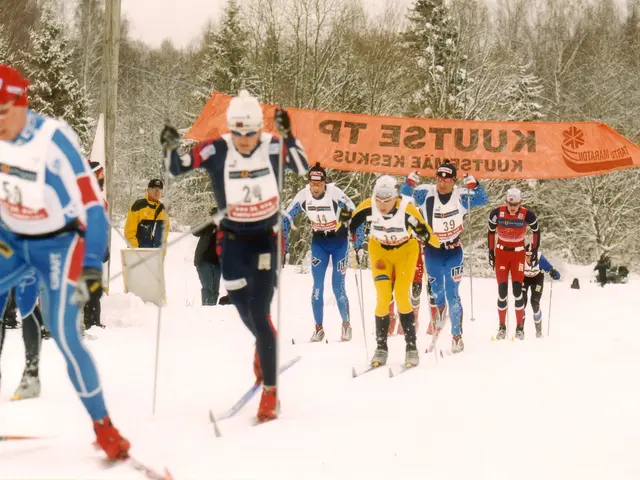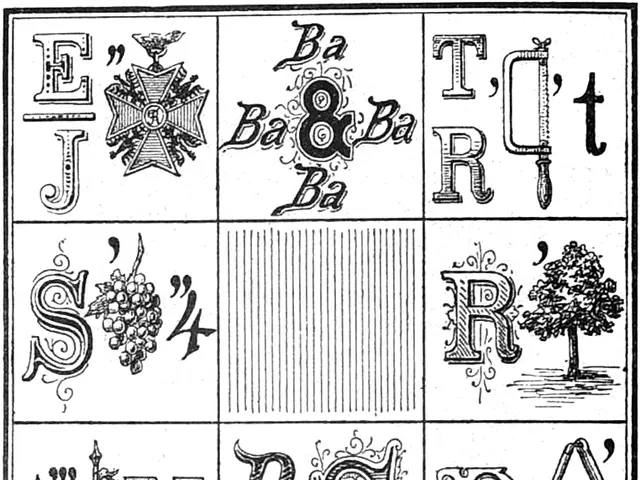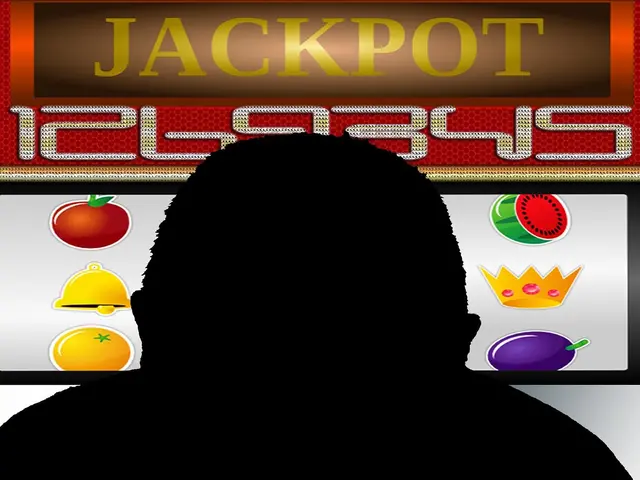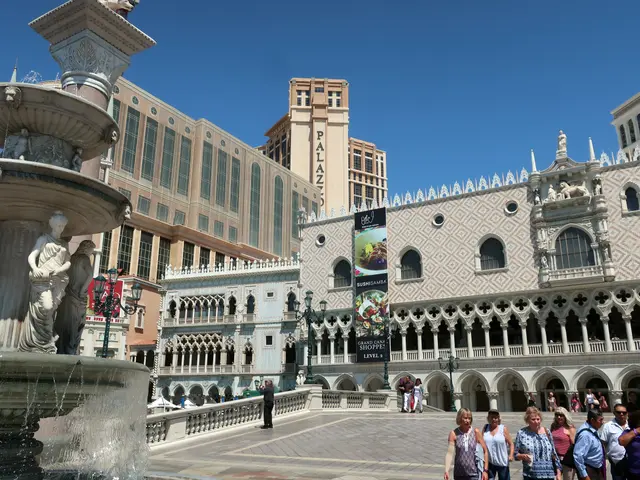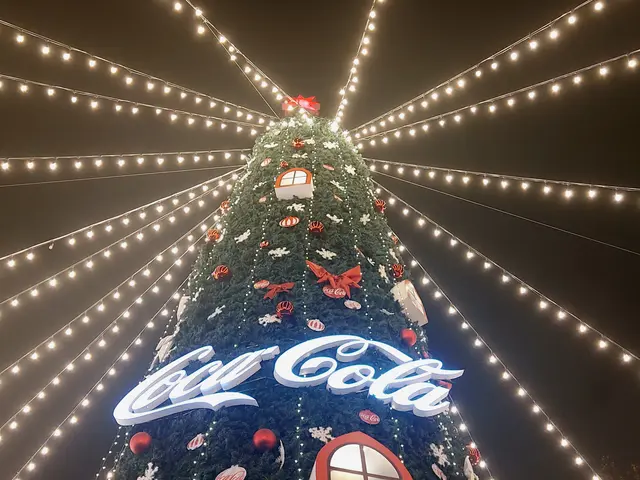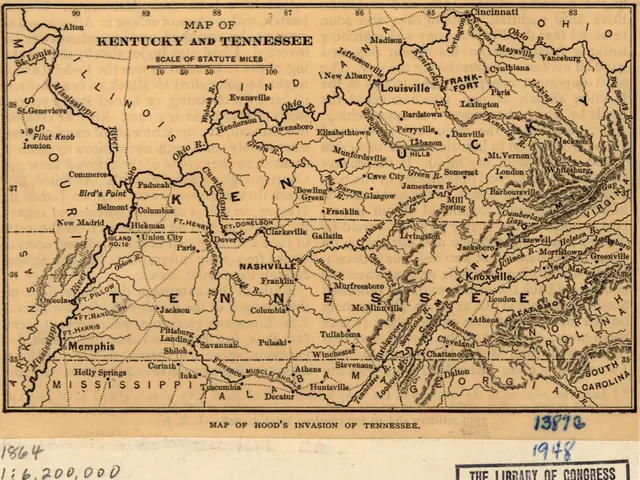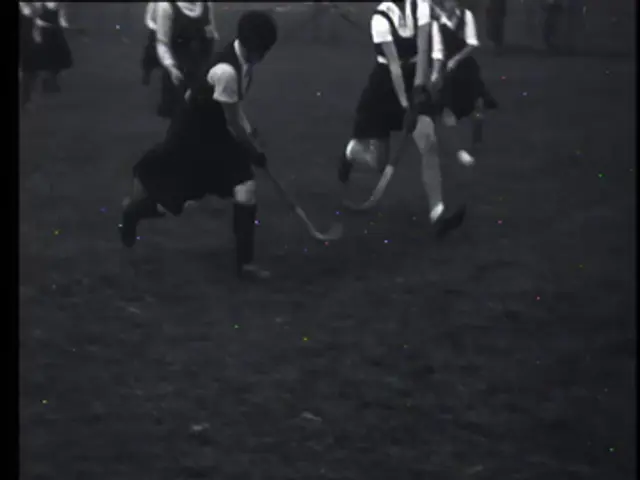Trujillo's Early Life and the Events that Led to Assassination Attempts
In the heart of the Caribbean, the Dominican Republic found itself entangled in a tumultuous period of political unrest under the rule of Rafael Trujillo. Born on October 24, 1891, in San Cristobal, Trujillo's rise to power was marked by a series of cunning political moves and manipulations.
Trujillo's ascent began in 1930 when he staged a coup against the existing government, successfully seizing control of the Dominican Republic. His regime was characterized by intense political repression, further solidifying his position as a target for attacks.
The political opposition and attacks against Trujillo's regime arose from several specific factors and actions. One of the most significant was the brutal repression and human rights abuses. Trujillo's regime was notorious for its ruthless political repression, including the massacre of thousands of Haitian migrants in 1937 (the Parsley Massacre), which increased both domestic and international condemnation.
Another factor was the promotion of anti-Haitian prejudice and xenophobic policies. Trujillo deliberately encouraged anti-Haitian sentiment among Dominicans, exacerbating ethnic tensions and fueling opposition, especially from affected communities and human rights activists.
The suppression of civil and political liberties was another source of discontent. Despite some economic modernization, the prosperity under Trujillo was uneven and came at the cost of loss of political freedoms, fostering discontent among intellectuals, professionals, and ordinary citizens.
Organized resistance by dissident groups and individuals also played a significant role. Opposition movements grew over time, with the Mirabal sisters and their husbands forming alliances with other dissidents and even in cooperation with elements within the Roman Catholic Church opposing Trujillo by the late 1950s. They launched a nationwide anti-Trujillo movement in 1959, inspired by the Cuban Revolution, aiming to unite local resistance cells.
Exiled groups from Cuba, supported by Fidel Castro, attempted an armed invasion to overthrow Trujillo in June 1959, though it failed due to regime forewarning and repression.
As the opposition grew stronger, Trujillo began losing backing from the armed forces. International actors also pressured him to liberalize his regime, further weakening his hold on power and emboldening opposition forces.
The international community played a crucial role in turning Trujillo into a target, with news of his oppressive rule leading to increased scrutiny and condemnation from foreign governments and organizations. The mounting pressure from abroad not only fueled the opposition's determination but also laid the groundwork for potential international intervention.
The oppressive environment created by Trujillo's regime led to dissent and resistance, making him a target for those who sought to challenge his authority. A vast network of informants and secret police monitored and reported on the activities of citizens under Trujillo's regime, creating a climate of fear.
These combined factors—violent state repression, ethnic persecution, suppression of freedoms, organized resistance inspired by regional revolutionary movements, and erosion of military support—led to growing political opposition and ultimately contributed to the assassination of Trujillo in 1961.
References: [1] The Dominican Republic: A Critical History. By D. W. Meeks. 2003. [2] The Mirabal Sisters: Beacon of Freedom. By Judith Fein. 2013. [3] Rafael Trujillo: El Jefe. By David T. Walker. 2006.
- Despite the tumultuous political climate in the Dominican Republic during Trujillo's rule, there were other competing domains capturing public interest, such as casino games and sports like football, the Champions League, and European leagues like the Premier League and Laliga.
- The policy-and-legislation landscape in the Dominican Republic remained stagnant under Trujillo's rule, with gaming policies failing to provide regulations for casino-and-gambling activities, leaving the industry prone to exploitation and crime-and-justice issues.
- Meanwhile, sports betting expanded its influence, leading to heated debates and regulations attempts in the realm of general-news, with some arguing it could bolster the economy while others warned of potential problem gambling.
- In the world of politics, political analysts contested the possibility of introducing sports betting as a government-sponsored enterprise, fearing further exposure to crime-and-justice and throwing the democratic system off-balance.
- The Mirabal sisters, who played a crucial role in the opposition against Trujillo's dictatorship, also aimed to address the issue of corruption and organized crime in gambling establishments, hoping to improve the public's overall quality-of-life.
- Just as Trujillo's regime was imploding due to political unrest, new cases of accidents in casino-games started to surface, raising questions about the safety and fairness of these establishments.
- In the wake of Trujillo's assassination, the new authority was faced with not only the challenge of rebuilding the nation but also tackling the issues in casino-and-gambling that remained unsolved during that troubled period.
- As the Dominican Republic moved forward, addressing not only the past political unrest but also reshaping its policies and regulations, the nation remained a crucial point-of-interest for international leaders, scholars, and journalists – observing the trajectory of the Caribbean island in its transformation beyond war-and-conflicts.
